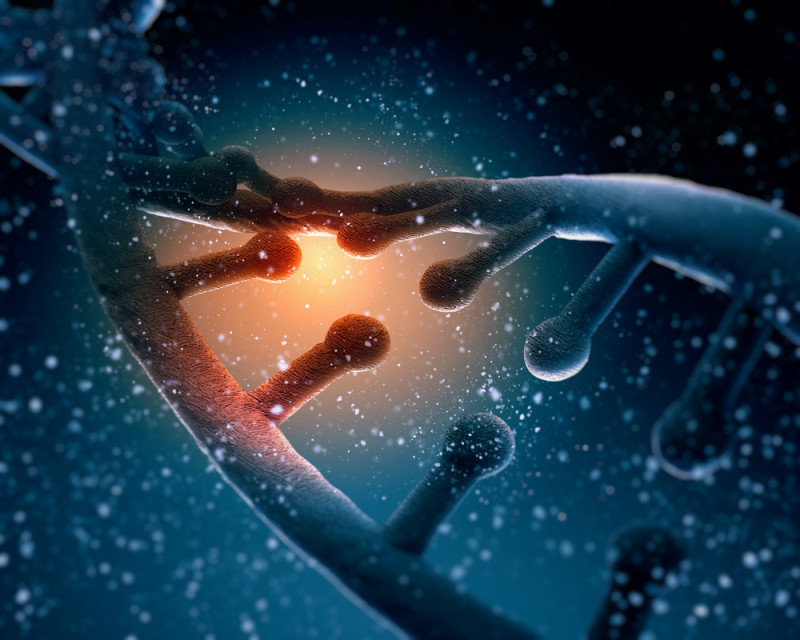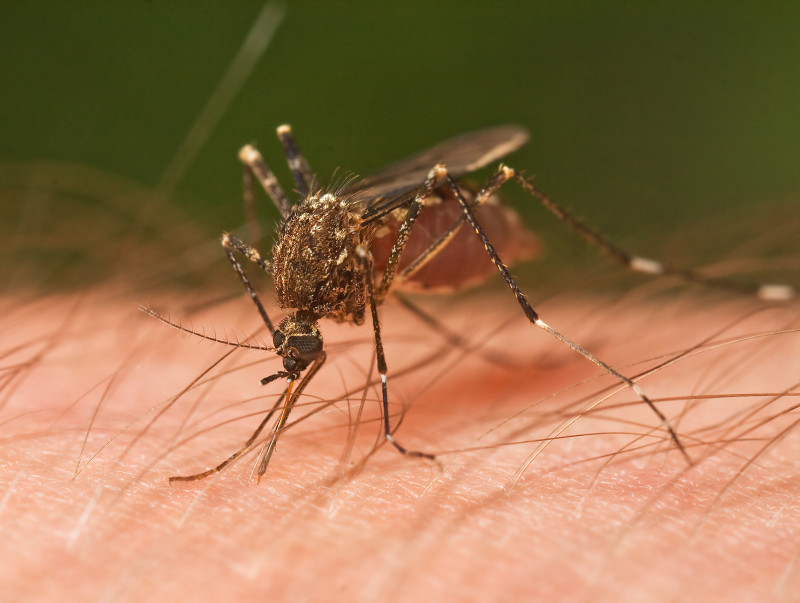Spoiler Alert! Likely both.
First let’s look at these amazing new findings. Our DNA has a certain length with a little cap on the end of each strand called a “telomere.” (Greek for “end = “telos”). As we age, our telomeres shorten, and so does our existence. Hence why we don’t live forever.
This new study looked at 800 people from all walks of life and measured their DNA telomeres frequently over 13 years. 135 of these 800 people eventually developed cancer – many types of cancer from prostate to skin to leukemia.
When they looked back at DNA samples in these cancer patients, they found that their telomeres shortened way more rapidly than people who did not develop cancer. Their DNA essentially “aged” over a decade before and stopped “aging” on average 3-4 years before a diagnosis of cancer was made.
This is no doubt an amazing finding, and only about 60 years after Watson and Crick’s amazing discovery of DNA in the first place! So what will this mean for us when, in just a few years, we are able to undergo this simple blood test to find out if we are at risk for developing cancer?
Will people use that knowledge to make drastic changes in their lives for the better? Will a whole group of doctors begin specializing in “lifestyle adjustments” for those at risk? I’m envisioning “rapid diet changes” and “anti-cancer boot camps” for those who have the dreaded positive test? Will insurance premiums actually go down because we can detect this a few years before diagnosis and therefore stave off the cancer with early detection and cures?
Or will this mean many of us will be turned away from health insurance companies if we have chosen to have this test and it comes back positive? Will companies eventually be able to force prospective employees to take the test if they want company healthcare?
An important point is that the same telomere shortening occurred in a wide variety of cancers – how does one live with the knowledge that they are likely to develop SOME type of cancer in a few years? Is it 3 years away and skin cancer that is treatable with early detection? Or will it be 10 years from now and a leukemia diagnosis that will be more aggressive? How do you plan your life?
As usual, amazing scientific advances bring with it a lot more ethical issues. The researchers in this study have just brought us into the future faster than at least I ever saw coming! The media hasn’t picked up on this that fast, but I suspect it will soon. And then the opinions will fly…what are your thoughts on this?
http://www.cbsnews.com/news/changes-in-the-blood-can-predict-cancer/
 English
English French
French German
German


